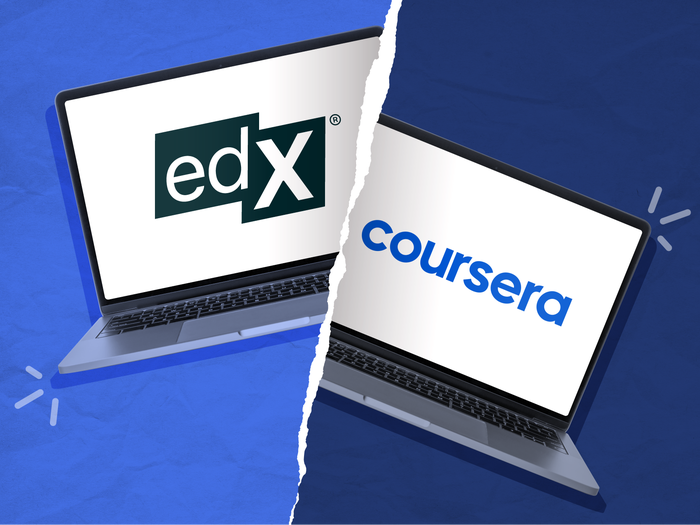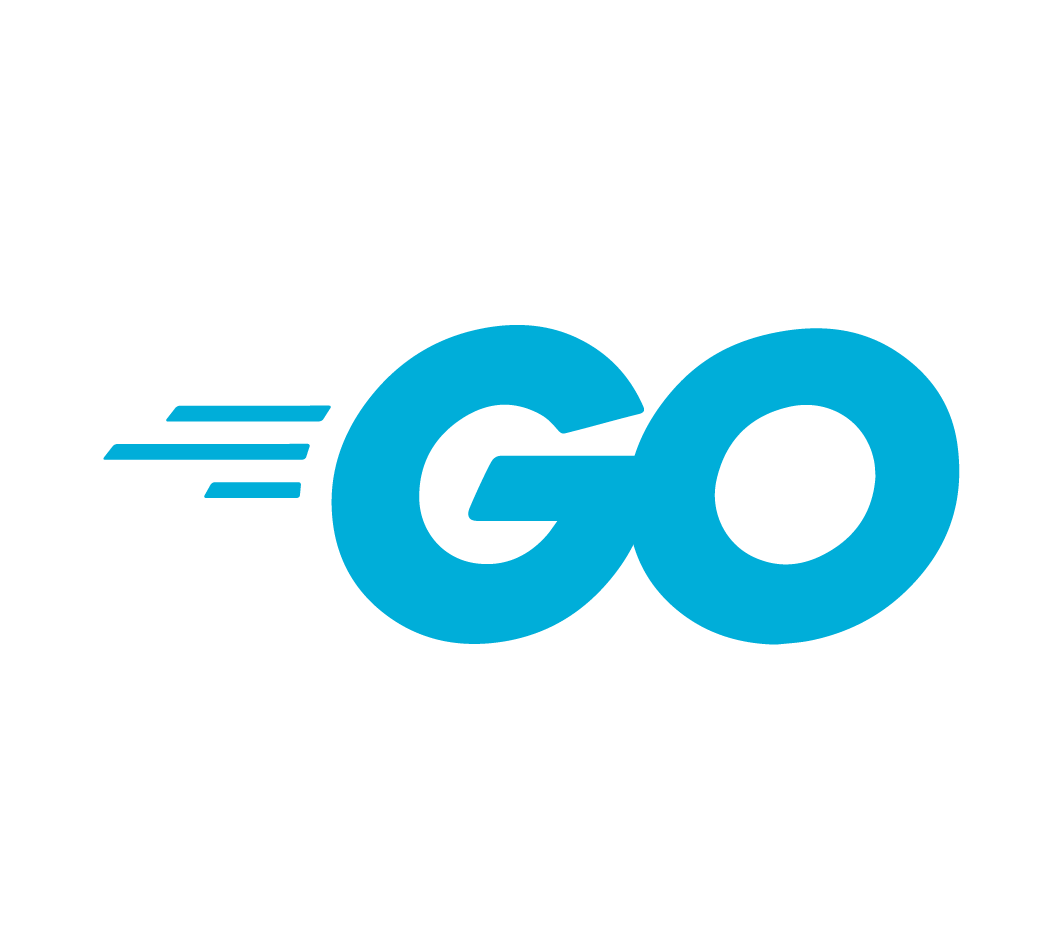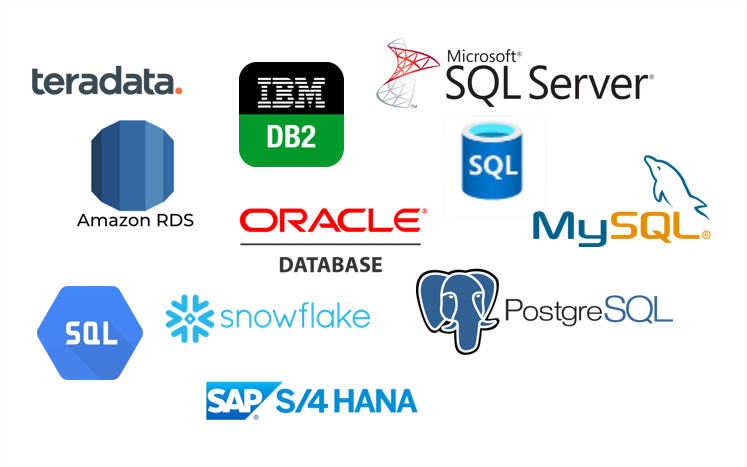Learn Online freely
Open-source platforms for learning are valuable resources for self-education that provide free or open-access materials, tools, and environments to help learners acquire new skills. These platforms focus on open content, collaborative learning, and fostering a community-driven approach to education. Below is a list of some of the most prominent open-source learning platforms:
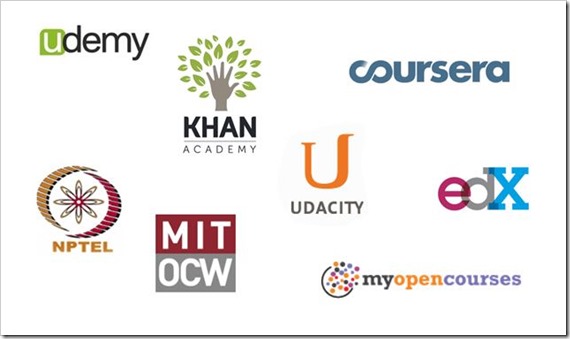
1. edX
- Overview: edX is an open-source learning platform founded by MIT and Harvard. It offers university-level courses in a wide range of disciplines, including computer science, engineering, data science, and humanities.
- Key Features:
- Provides courses from leading universities such as MIT, Harvard, and Stanford.
- Offers free access to course content, with an option to pay for certificates.
- Covers diverse subjects and provides a structured learning path.
2. OpenCourseWare (OCW)
- Overview: OpenCourseWare is an initiative where institutions like MIT publish course materials online for free. It provides full access to lecture notes, assignments, and exams for a variety of subjects.
- Key Features:
- Full courses available for free.
- Materials include lecture videos, notes, and practice problems.
- Excellent for self-paced learners who want access to university-quality education.
3. Udacity (Free Courses Only)
- Overview: Udacity started as a free online course platform, with many of its courses available for free. The focus is primarily on technology, programming, data science, and other career-oriented skills.
- Key Features:
- Offers some free courses and “nanodegree” programs for paid, career-focused learning.
- Courses are often developed in collaboration with tech companies like Google and Facebook.
- Ideal for gaining job-ready skills, especially in IT and software development.
4. Udemy (Free Courses Only)
- Overview: Udemy offers thousands of online courses on a variety of topics. While most courses are paid, it also has a large selection of free courses available, especially in areas like technology and personal development.
- Key Features:
- Large variety of courses, both free and paid.
- Topics cover everything from programming to creative skills like photography.
- Self-paced learning with lifetime access to purchased courses.
5. Coursera (Free Auditing of Courses)
- Overview: Coursera partners with universities and organizations to offer courses in a wide range of subjects. Many courses can be audited for free, though certificates and graded assignments typically require payment.
- Key Features:
- Offers free auditing of university-level courses.
- Partners with institutions like Stanford, Yale, and Google.
- Provides access to high-quality video lectures, reading materials, and quizzes.
6. Khan Academy
- Overview: Khan Academy is a non-profit educational organization that offers video tutorials, exercises, and quizzes on subjects like mathematics, science, economics, and computer science.
- Key Features:
- Completely free and covers K-12 subjects, as well as some college-level content.
- Provides an interactive platform with exercises and personalized learning paths.
- Especially popular for math and science education.
7. Open Learning Initiative (OLI)
- Overview: The Open Learning Initiative by Carnegie Mellon University provides open and free access to high-quality courses. These courses are designed with the intention of offering an effective learning experience to students.
- Key Features:
- Combines high-quality academic content with interactive elements to reinforce learning.
- Offers both free courses and some premium options.
- Good for both self-learners and educators looking to supplement their teaching.
8. FutureLearn
- Overview: FutureLearn offers a wide range of free courses in partnership with universities and organizations. Like Coursera, it allows learners to audit courses for free, while certifications are available for a fee.
- Key Features:
- Short courses from universities like King’s College London and Monash University.
- Offers access to materials for a limited period with options for extended access with a fee.
- Interactive and social learning approach, fostering discussions among learners.
9. Saylor Academy
- Overview: Saylor Academy offers free online courses at the college and professional level, developed by experts. They are especially known for their extensive catalog of self-paced courses.
- Key Features:
- Free courses in various subjects such as business, computer science, and liberal arts.
- Provides free certificates for course completion.
- Courses are self-paced, making it convenient for busy learners.
10. OpenLearn by The Open University
- Overview: OpenLearn is a free learning platform by The Open University, offering hundreds of courses on various topics, including health, science, business, and more.
- Key Features:
- Free courses with access to high-quality learning materials.
- Subjects range from arts and languages to technology and business.
- Self-paced courses with badges or statements of participation upon completion.
11. MIT OpenCourseWare
- Overview: MIT OpenCourseWare offers free access to MIT course materials. These include lecture notes, assignments, and exams, but are for self-study without accreditation.
- Key Features:
- Access to almost all courses taught at MIT.
- Completely open and free, covering topics in science, engineering, business, and more.
- Well-structured content ideal for independent learners seeking high-quality materials.
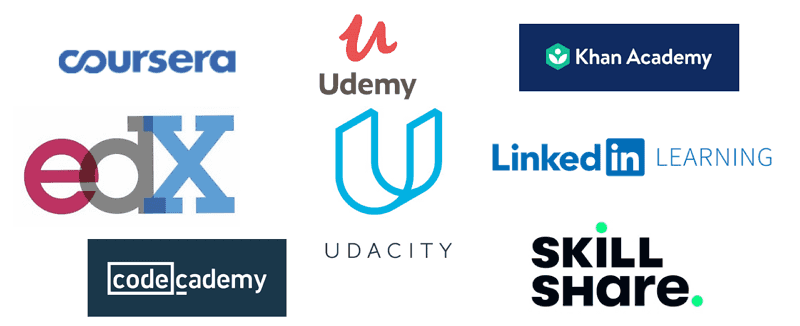
12. Codecademy (Free Version)
- Overview: Codecademy is an interactive platform that teaches coding and programming in a hands-on way. Although not entirely open source, it offers a good amount of free content.
- Key Features:
- Free interactive lessons in programming languages like Python, JavaScript, HTML, CSS, etc.
- Hands-on practice with immediate feedback.
- Ideal for beginners learning to code.
13. Alison
- Overview: Alison offers free courses and diplomas in various subjects, including technology, business, and personal development.
- Key Features:
- Completely free access to courses with optional certification for a fee.
- Covers various professional and vocational topics.
- Free courses with quizzes and assessments to reinforce learning.
14. GitHub Learning Lab
- Overview: GitHub Learning Lab provides interactive, hands-on training in software development, version control, and GitHub itself. Lessons include practical tasks and projects to help users learn by doing.
- Key Features:
- Free interactive tutorials focusing on development, collaboration, and version control.
- Tutorials on programming concepts, Git, and open-source contribution.
- Ideal for aspiring developers and open-source contributors.
Summary
The platforms listed above offer a variety of free and open-access learning opportunities. While some are entirely open-source (like OpenCourseWare, MIT OCW, and Khan Academy), others provide freemium models where a significant portion of their content is freely accessible (like edX, Coursera, Udemy, and Udacity).
- Open and University-Backed Platforms: edX, OpenCourseWare, MIT OCW, OpenLearn, Open Learning Initiative.
- Interactive and Skill-Focused Platforms: Khan Academy, Codecademy, GitHub Learning Lab.
- Diverse Subject Matter and Certification: Coursera, Udacity, FutureLearn, Saylor Academy, Alison.
These platforms provide an opportunity for anyone to access quality education, often collaborating with top institutions and offering flexibility and self-paced options to suit various learning needs.

